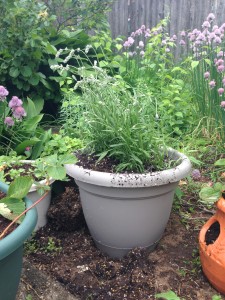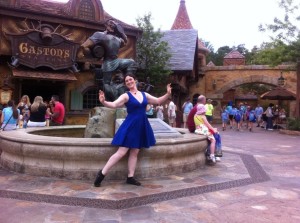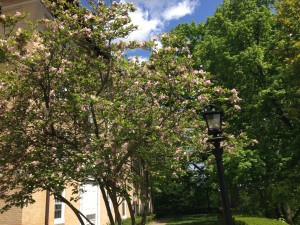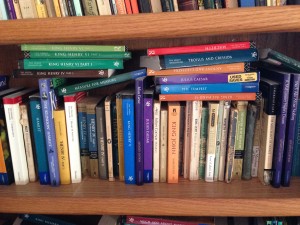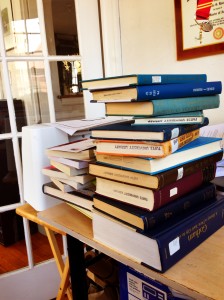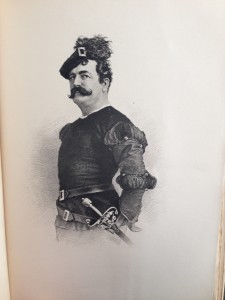One of the best things that I do for myself is take notes.
Okay, this might seem self-explanatory, but frequent and persistent application of the basics can really get you through research’s tough problems.
Of course I take notes when I’m reading. How can you read something that you hope to retain and not take notes? In fact, I often read things so quickly that I will forget I have read them unless my notes are copious, well-organized, and well-labeled. Since the dissertation is… you know… a BIG GIANT RESEARCH PROJECT REQUIRING A LOT OF RESEARCH, I’ve extended this one step further.
I’ve started taking notes on my notes.
Yup, that’s right, I’ve gone one more giant leap down the type-A rabbit hole. In science, being able to reproduce your results is extremely important. As such, scientists copiously document (and even publish) their research processes. This is one thing that I think we in the humanities can attempt to duplicate. The research process needs to be something that you can map, at least for yourself. I need to know where I have been in order to sustain where I am going and not just trace and re-trace the same old habitrails day in and day out.
So I started a research journal. I have started to record which databases I query on a given day, the search terms I use, and hyperlink any findings. I note what was useful, what perhaps was less so, and any special considerations I will have to make in the future. At the end of the day, I leave myself ideas about where I want to go next. This makes re-immersing in deep research much easier; I no longer have to spend time looking for my train of thought because it’s right there on paper. In the long run, I feel that this will also prevent gigantic duplications in effort. “I forget, did I check this particular obscure thing? Oh well, better check it again just to be sure.” In essence, I am mapping for myself the territory that I trod in an effort to help myself remember exactly what’s going into this giant project.
In other news, I leave for New York in six days and counting. This time next week, I will have already had my first series of meeting in my five-week journey to enlightenment.
I’m still trying to figure out what to pack, but at least 95% of my archive appointments are taken care of….


